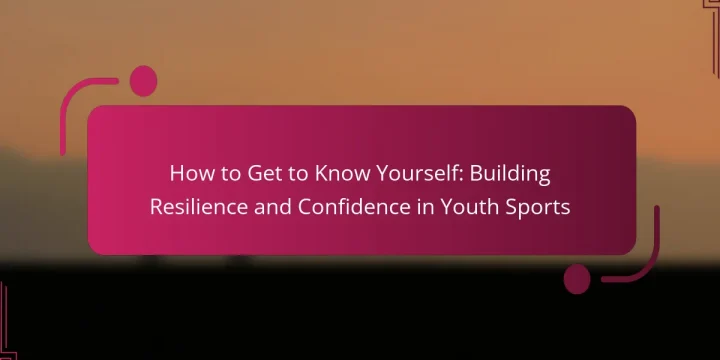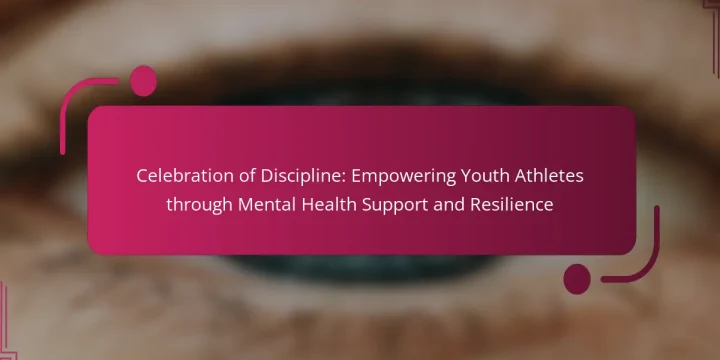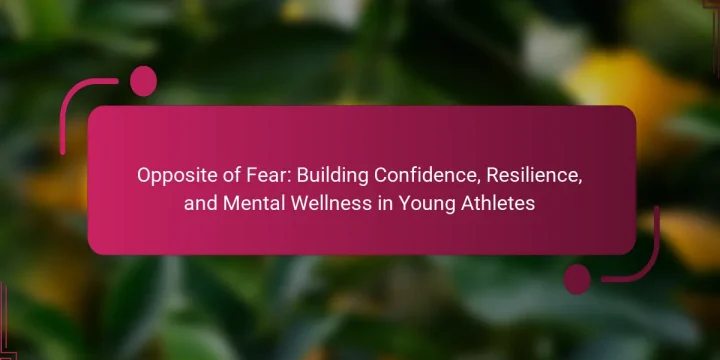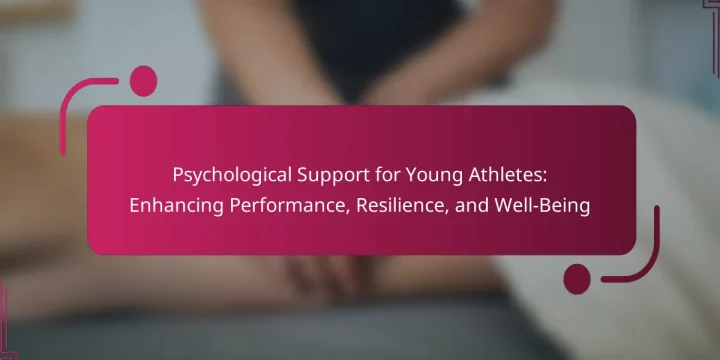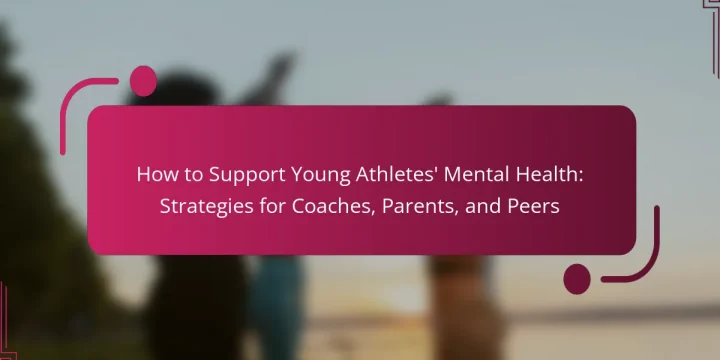
Supporting young athletes' mental health is crucial for their overall well-being and performance. Young athletes often face anxiety, depression, and pressure from competition. This article explores strategies for coaches to create positive environments, parents to foster open communication, and peers to build supportive connections. Implementing these approaches can significantly enhance mental resilience and emotional support among young athletes. What are the key mental health challenges faced by young athletes? Young athletes face mental health challenges such as anxiety, depression, and performance pressure. These issues can stem from high expectations, intense competition, and the need for social acceptance. Coaches and parents must recognize signs of distress and provide support. Studies show that 35% of young athletes experience significant mental health struggles, highlighting the need for proactive strategies. Encouraging open communication, fostering…
